
Two satellites will begin a 12-month mission to study how the Sun affects space weather and human life on Earth - Photo: NASA
It's part of an effort to better understand "space weather," physical phenomena that occur in near-Earth space that can affect satellites, spacecraft, communications systems and even ground-based power grids.
Two TRACERS satellites (short for Tandem Reconnection and Cusp Electrodynamics Reconnaissance Satellites) about the size of a washing machine were launched into orbit by SpaceX's Falcon 9 rocket at 11:13 (local time) from Vandenberg Space Force base, California (USA).
Once in orbit, the satellites will begin observing how charged particles from the solar wind, which constantly “blows” out from the Sun’s surface, collide with Earth’s magnetic field. This interaction sometimes produces “magnetic reconnections,” which release large amounts of energy and release high-energy particles.
"Magnetic reconnection is like a break and reconnect of magnetic field lines, creating a powerful flow of energy. Such magnetic bursts can disrupt satellite signals, GPS navigation or even cause widespread power outages," said John Dorelli, TRACERS research team leader at NASA's Goddard Space Flight Center.
Understanding this phenomenon helps scientists better predict fluctuations in the space environment, which is increasingly important as humans become more dependent on space technology and wireless communications.
Along with the TRACERS pair, this launch also carried several other satellites from partner companies and organizations, such as SEOPS' Epic Athena, Skykraft 4 from Skykraft, Maverick Space Systems' REAL, Tyvak's LIDE, and York Space Systems' Bard.
NASA hopes the TRACERS mission will help decode more complex phenomena in "space weather", thereby building more effective protection measures for technology and life on Earth against the impact of the Sun.
Source: https://tuoitre.vn/nasa-phong-cap-ve-tinh-truy-tim-hien-tuong-no-tu-trong-khong-gian-20250724162817413.htm



![[Photo] Party Committees of Central Party agencies summarize the implementation of Resolution No. 18-NQ/TW and the direction of the Party Congress](https://vphoto.vietnam.vn/thumb/1200x675/vietnam/resource/IMAGE/2025/10/27/1761545645968_ndo_br_1-jpg.webp)



![[Photo] National Assembly Chairman Tran Thanh Man receives Chairman of the House of Representatives of Uzbekistan Nuriddin Ismoilov](https://vphoto.vietnam.vn/thumb/1200x675/vietnam/resource/IMAGE/2025/10/27/1761542647910_bnd-2610-jpg.webp)



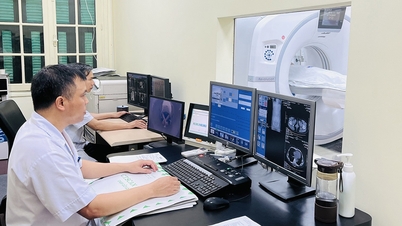

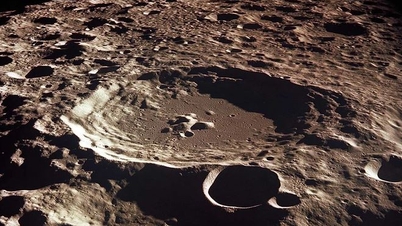







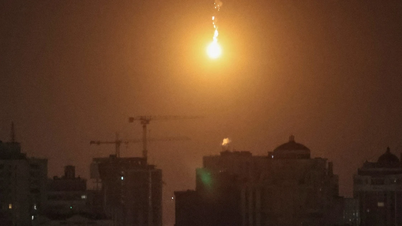

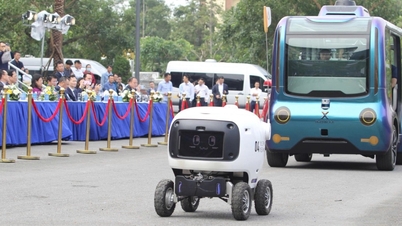

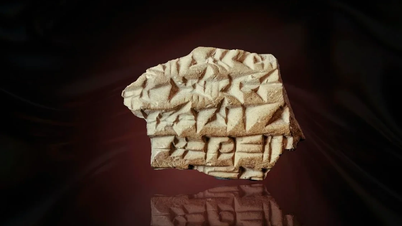






























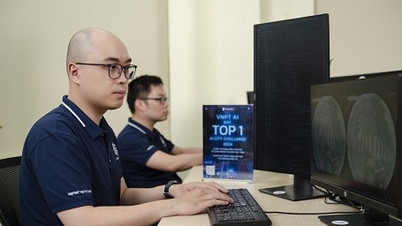





















































Comment (0)